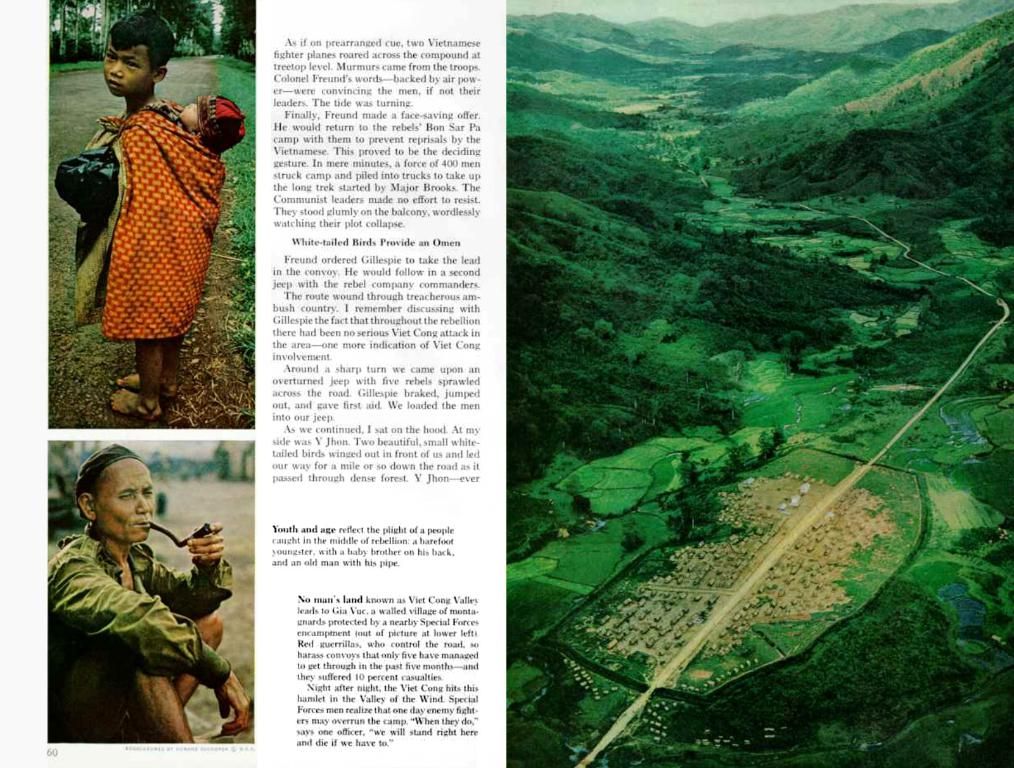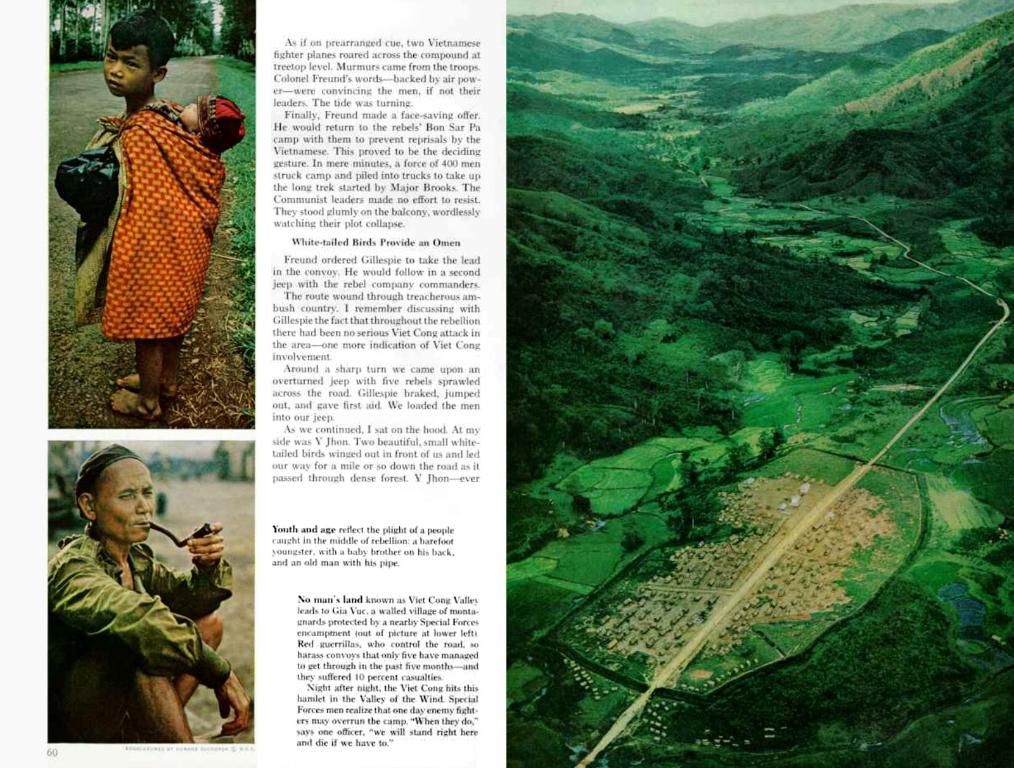African Climate Concerns and CO2 Trading Controversy
At the UN Climate Change Conference in Dubai, numerous African voices raised concerns about international CO2 trading, seeing it as a questionable opportunity exploited by Western nations.
President Samia Suluhu Hassan of Tanzania expressed the widespread sentiments of African climate activists and environmentalists, brusquely labeling the current climate change control ideas as "detrimental to Africa." She insisted that foreign companies gain more from CO2 trading programs than African countries themselves.
CO2 trading has emerged as a substantial opportunity as massive corporations, driven by their voluntary commitments to reduce CO2 emissions by 2050, strive to fulfill this pledge while continuing to operate without reducing their production. If they fall short, these global giants can support CO2-avoiding or reduction projects in other parts of the world, thereby virtually offsetting their emissions.
The thriving CO2 trade primarily focuses on Africa, which accounts for only 11% of global CO2 emissions yet boasts the second-largest rainforest globally and several essential carbon-absorbing ecosystems, often referred to as carbon sinks. According to McKinsey, the global market for voluntary CO2 certificates will be worth more than $50 billion by 2030.
A prominent example of this trend is the world's largest CO2 certificate auction held by a Saudi Arabian company in Kenya. The Saudi company, Regional Voluntary Carbon Market Company (RVCMC), acquired more than two million tons of carbon credits in Nairobi at $6.20 per ton, with several Saudi corporations, including Aramco, among the buyers. The local Kenyan government views this trade strategy as an opportunity to generate revenue, given that technology titans like Meta and Netflix have recently purchased concessions for carbon credits in northern Kenya as well.
However, this revenue-generating approach poses a risk for indigenous communities in Africa. The governments of these countries are increasingly prioritizing the establishment of CO2 sinks by designating large areas of land and forests as protected areas, thereby subjecting them to environmental laws. The upshot is that these areas are increasingly fenced off and turned into investment opportunities for foreign corporations, often at the expense of indigenous people's traditional habitats.
This situation becomes particularly problematic in communities with a long-standing history of utilizing the designated lands, such as the Ogiek people in Kenya, who have inhabited the Mau Forest for thousands of years. Their presence is not only a threat to the companies interested in carbon credits but also to the Kenyan government, which views the area as a ripe opportunity for financial gain.
As the situation at the Mau Forest demonstrates, indigenous people may face forced evictions as a result of governments' efforts to create CO2 sinks. In such cases, international human rights organizations, like the African Court on Human and Peoples' Rights, bring legal action against these governments, highlighting instances of the forcible eviction of indigenous populations without their explicit, voluntary consent.
Despite growing concerns, African countries, including Tanzania, may still consider participating in CO2 trading programs, hoping to reap its financial benefits despite the risks of exploitation by Western nations. On the other hand, climate activists and environmentalists argue that this approach allows large corporations to carry on business as usual, while African populations, already grappling with population growth and land scarcity, lose access to their homelands, often through forceful measures.
Source:
ntv.de
Insights:
- Indigenous Rights: While international agreements, such as Article 6 under the Paris Agreement, are intended to protect indigenous peoples' rights, their implementation varies across countries, opening the door for potential human rights violations.
- Carbon Credit Regulations: Strict regulations to ensure quality and environmental protection of CO2 trading projects are critical in preventing exploitative practices and ensuring that carbon credit deals respected indigenous land rights.
- Transparency and Accountability: Ensuring transparency and accountability in global carbon markets is crucial for their success, promoting project quality and strengthening trust in these markets among all stakeholders.








